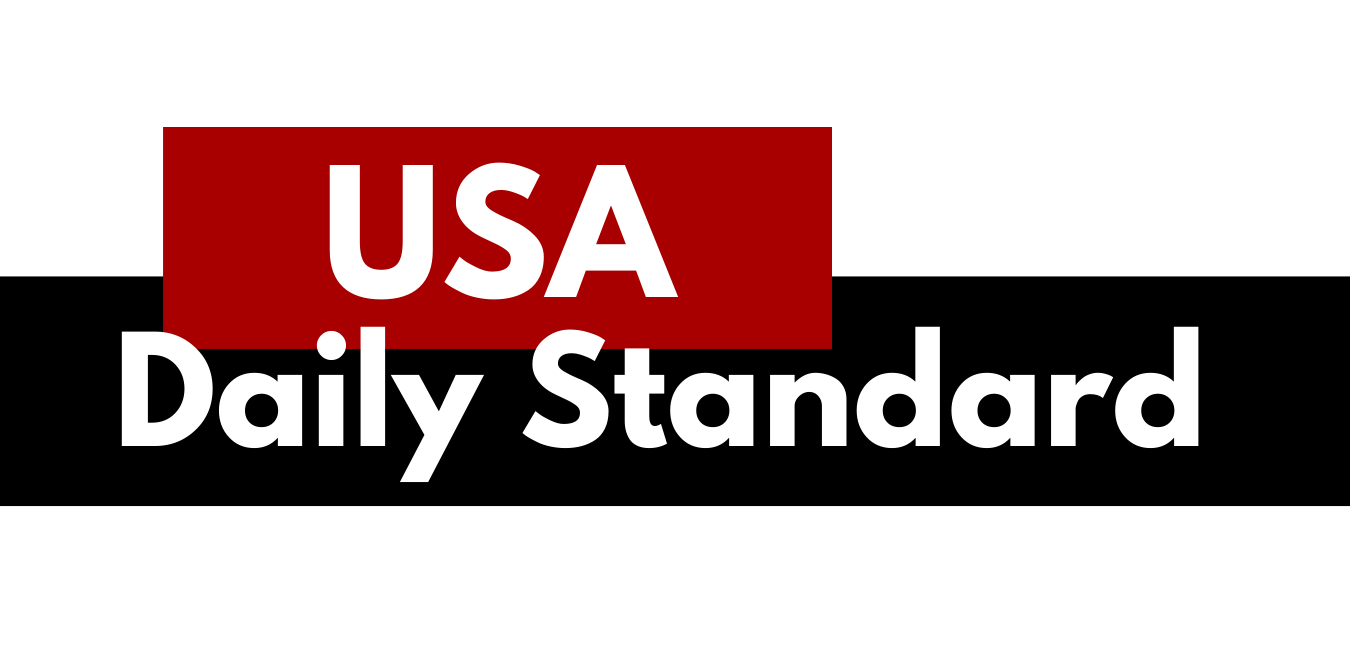Bridging the Gender Gap in Healthcare: A Path to Equality and Better Health

INTERVIEW ON THE PRICE OF BUSINESS SHOW, MEDIA PARTNER OF THIS SITE.
Recently Kevin Price, Host of the nationally syndicated Price of Business Show, welcomed Dr. Ann Hester to provide another commentary in a series.

The Dr. Ann Hester Commentaries
Imagine going to a doctor feeling scared and vulnerable, only to have your concerns dismissed simply because of your gender. For many women, this isn’t just a bad day at the clinic—it’s a systemic issue with potentially devastating consequences. Gender inequality in healthcare is a severe and pervasive problem that affects women’s health outcomes and their lives in profound ways.
One major problem is the significant underrepresentation of women in medical research. Even though women make up over half of the global population, a shockingly small percentage of healthcare research funding goes toward female-specific conditions. For example, less than 2% of global healthcare research and development dollars are dedicated to conditions like endometriosis and polycystic ovary syndrome (PCOS). This lack of focus means that women often face delayed diagnoses and even less effective treatment options for specific conditions.
To make matters worse, when it comes to receiving treatment, women often get the short end of the stick. For instance, studies have shown that women with cardiovascular diseases are less likely to receive timely and adequate treatment compared to men. This bias is alarming. As opposed to diseases such as endometriosis, which can be painful, heart disease can be fatal. It’s the leading cause of death in America and many other nations. These disparities can lead to poorer health outcomes for women, making worse the already significant gender health gap. Something’s got to change!
The economic implications of these disparities are enormous. According to a report by the World Economic Forum and McKinsey Health Institute, addressing the gender health gap could add a staggering $1 trillion to the global economy. Just imagine what that would mean for women and for the entire world! Another alarming statistic is that women spend about 25% more of their lives in poor health than men.
However, the issue isn’t just about individual treatment; it’s also about the broader structural challenges within healthcare systems. The World Health Organization (WHO) notes that women constitute 67% of the global healthcare workforce. Yet, they often receive lower wages and face poorer working conditions than their male counterparts. This undervaluation of women’s work impacts their economic empowerment and hampers the overall efficiency and effectiveness of health systems. All of the factors above make for a perfect storm that robs women in America and worldwide of their vitality, longevity, and potentially many years of their lives.
Addressing gender inequality in healthcare is not just about fairness; it’s about improving health outcomes for everyone. We can create a more equitable healthcare system by increasing funding for women’s health research, standardizing healthcare practices to eliminate bias, and investing in preventive and supportive health programs.
The benefits of closing the gender health gap are clear. Women would experience better health, leading to enhanced economic participation and productivity. Society would benefit from a healthier, more empowered female population. It’s time to take meaningful action to bridge this gap and ensure that everyone, regardless of gender, receives the care they deserve.\
Ann M. Hester, M.D. is a board-certified internist with over 25 years of experience. She obtained her medical degree from the University of Tennessee in Memphis. Dr. Hester believes when patients are taught exceptional “patient skills,” they become empowered to play a previously unimagined role in optimizing their medical care and minimizing medical costs. Her mission is to share these critical skills by various means, thereby improving patient outcomes and strengthening the U.S. healthcare system. This mission started in medical school when she witnessed the tremendous gap between how patients and doctors think. Over the years, she has written various patient empowerment pieces online and through books. Her latest book is Patient Empowerment 101: More than a book, it’s an adventure! This unique work takes an unprecedented step in helping people think more like doctors and position themselves at the center of their healthcare team.
Learn more at https://www.patientempowerment101.com.
Connect with her through social media:
Twitter: @patientworldnet
LinkedIn: https://www.linkedin.com/in/patientempowerment101



 A Real Shift in Nutrition Policy — And Why It Gives Me Hope
A Real Shift in Nutrition Policy — And Why It Gives Me Hope  Move That Body
Move That Body  The Fuel Fix: Rethinking Type 2 Diabetes With Dr. John Poothullil
The Fuel Fix: Rethinking Type 2 Diabetes With Dr. John Poothullil  The Calm Frequency: Where Healing Meets Abundance
The Calm Frequency: Where Healing Meets Abundance  There Is No Glory in Fostering, but There Is Joy
There Is No Glory in Fostering, but There Is Joy  Why Personalized Luxury Travel Makes Every Journey Truly Unforgettable
Why Personalized Luxury Travel Makes Every Journey Truly Unforgettable  What Mistakes or Pitfalls Could I Have Helped Myself Avoid?
What Mistakes or Pitfalls Could I Have Helped Myself Avoid?  SaaS and Technology Agreement Attorneys in New York City
SaaS and Technology Agreement Attorneys in New York City